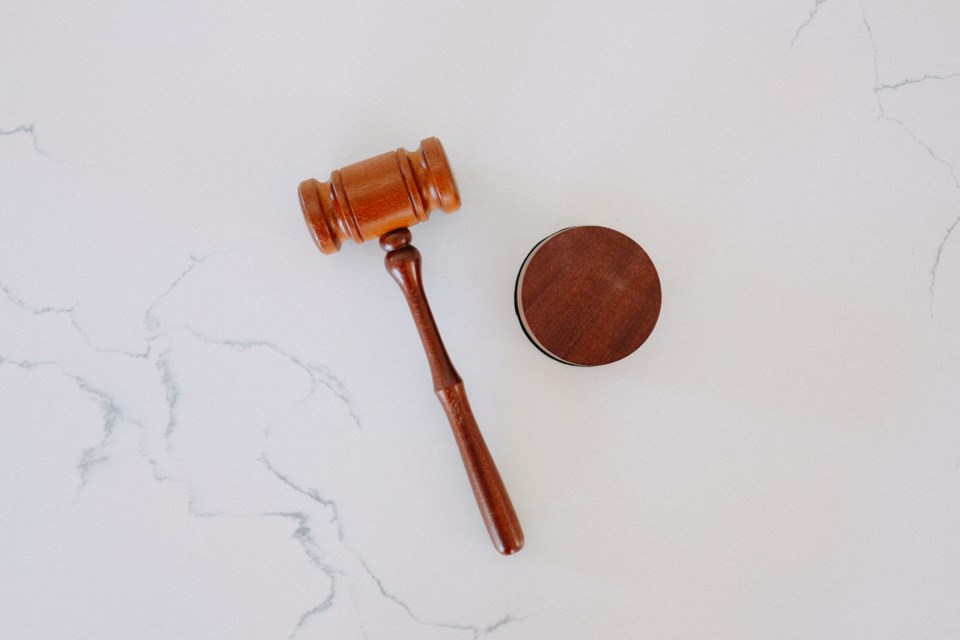Brooklyn attorney Albert Elia and the National Federation of the Blind – New York, an organization defending the rights of blind people, filed a federal lawsuit on March 25 against the New York State Unified Court System and the Kings County Commissioner of Jurors, alleging systemic discrimination against blind individuals who report for jury duty.
The lawsuit, filed with representation from Disability Rights Advocates and Brown, Goldstein & Levy LLP, challenges what plaintiffs call unlawful exclusionary practices that violate federal law and civil rights protections, according to a press release.
Elia, a graduate of Northeastern University School of Law and Harvard College, was sworn in as a grand juror in Kings County Supreme Court in the fall 2024. Despite meeting all requirements for jury service, he was allegedly barred from deliberating on cases that involved video or photo evidence after court officials incorrectly assumed he could not interpret the evidence because he is blind, ultimately leading to his dismissal.
Elia further alleges that the court refused to allow him to use assistive technology and hear verbal descriptions of evidence which would have allowed him to take part in the case.
He said his exclusion not only denied him the opportunity to serve but also deprived defendants of a jury that represents a fair cross-section of the community.
“This unlawful exclusion not only deprived me of the honor and duty of jury service, it also deprives those facing criminal charges a grand jury composed of a fair cross-section of New Yorkers," Elia said.
Mark Riccobono, president of the National Federation of the Blind, criticized the court system’s actions, arguing that blind individuals can evaluate evidence, including visual materials, when provided with appropriate accommodations.
“The National Federation of the Blind is committed to the full integration of blind people into all aspects of society, including performing our civic duty as jurors,” said Riccobono. “The evaluation of evidence, including so-called visual evidence, is possible with the proper accommodations required by law, and juror functions like determining the credibility and value of testimony and weighing the evidence presented by the parties do not require eyesight."





You must be signed in to comment. Please sign in or register.